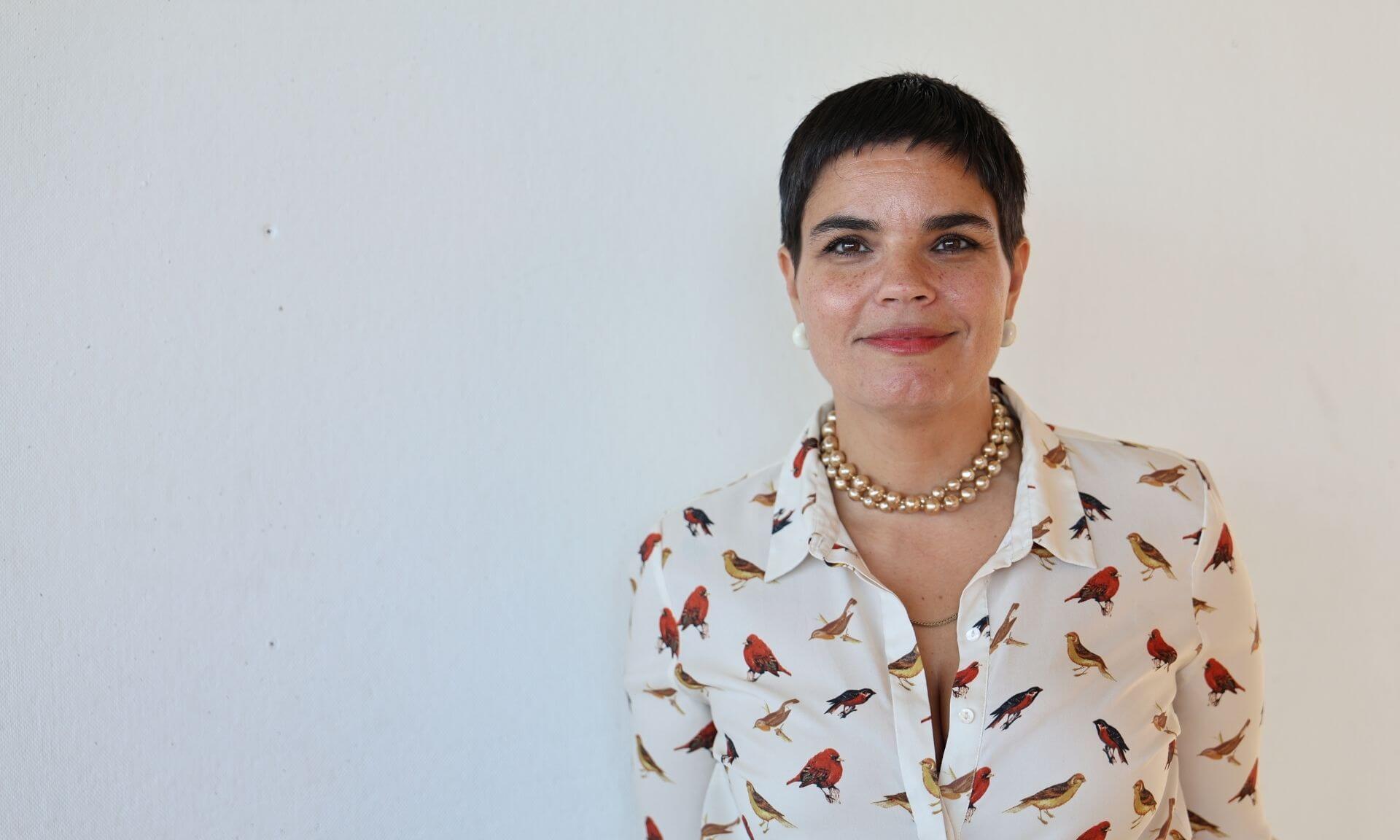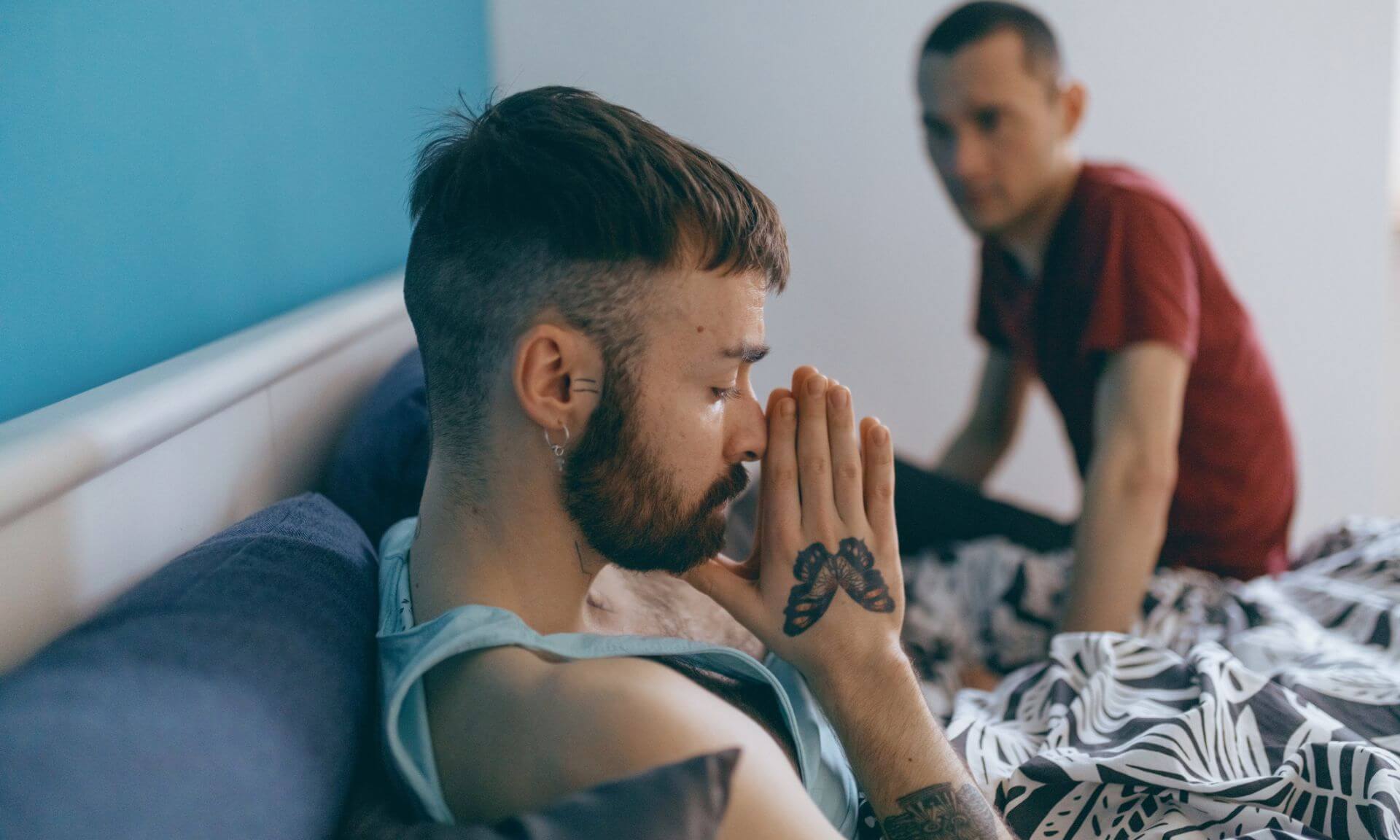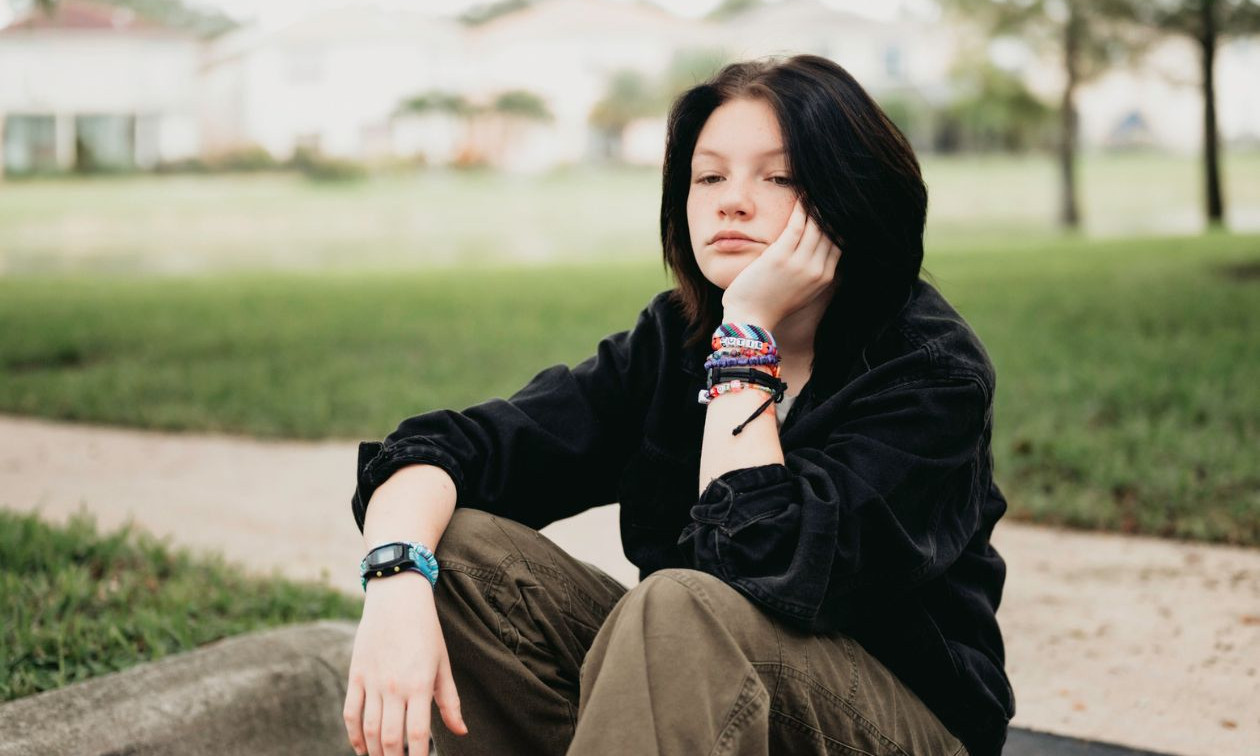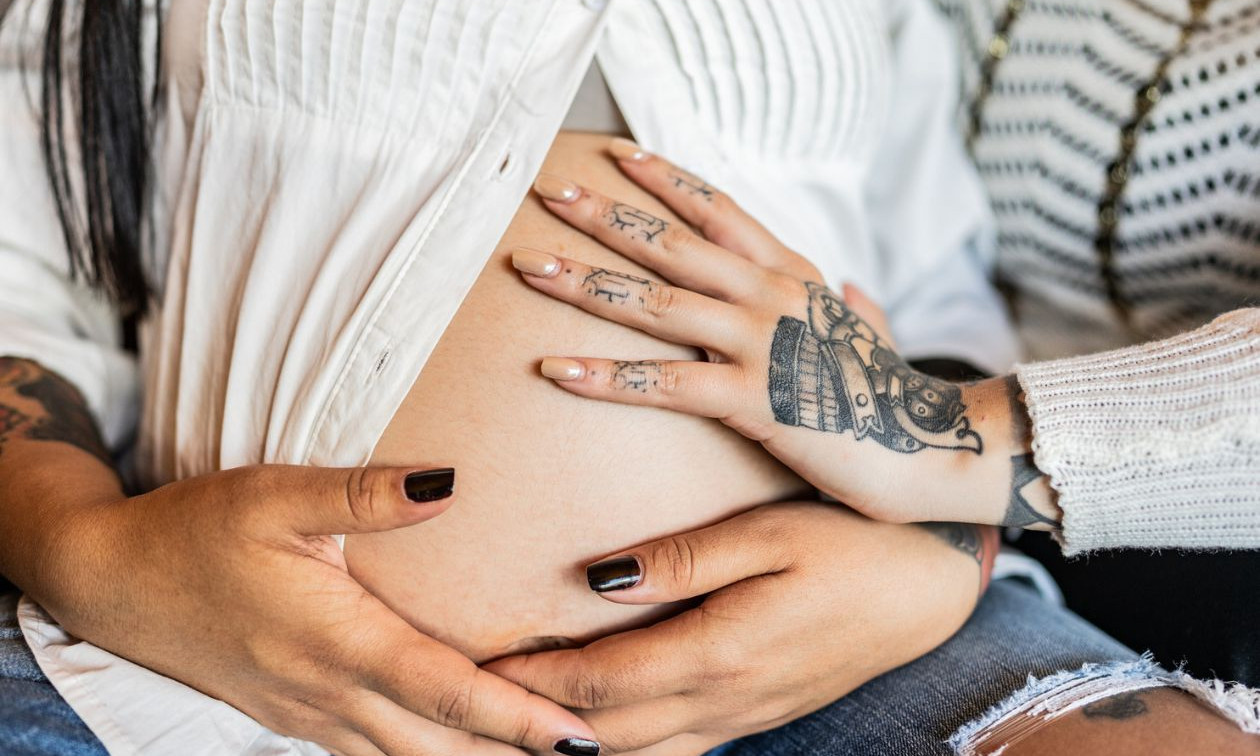Is holding a referendum on equality stressful for LGBTIQ+ people?

How did Switzerland's 2021 referendum on marriage equality, adoption and reproductive rights affect the well-being of the country's LGBTIQ+ community?
A new international study involving Université de Montréal suggests that LGBTIQ+ individuals and their cisgender heterosexual allies exhibited more stress hormones during the controversial campaign.
The finding, published today in the U.S. journal PNAS (Proceedings of the National Academy of Science), was made by team of researchers at UdeM, the University of Zurich and Princeton University.
"This unique study is an 'experiment-of-nature' that allowed us to measure stress before, during and after the Swiss referendum on not just same-sex marriage but also reproductive rights for women," said Robert-Paul Juster, an UdeM associate professor of psychiatry and addiction who is one of the co-authors. "Studies like this allow us to see how changes in laws can impact public health."
Lesbian, gay, bisexual, trans, intersex and queer (LGBTIQ+) people face persistent structural inequalities and discrimination that can adversely affect their well-being, studies have shown. When concerns of the LGBTIQ+ community are discussed in widespread public debates, that can leave marks and scars, said Juster.
“Political campaigns against the rights of LGBTIQ+ individuals can reinforce lived experiences of discrimination, rejection and alienation by mainstream society in people who are already stigmatized,” agreed the study's lead author Léïla Eisner, a post-doctoral research fellow in psychology at the University of Zurich.
In the September 2021 referendum, about two-thirds of Swiss adult citizens voted to amend the country's civil code to legalize marriage between people of the same sex, allow same-sex couples to adopt children, and also give lesbian couples access to assisted reproductive technology.
The amendment became law in July 2022, making Switzerland one of the last countries in Western Europe to grant same-sex couples the right to marry.
Hair samples taken to gauge stress

To conduct the study, the researchers surveyed 954 people around the time of the so-called "marriage for all" referendum in Switzerland, also gathering biological data collected in samples of 393 of the study subjects' hair, a process spearheaded by UdeM's Juster.
In the end, the researchers found that LGBTIQ+ individuals and their milieu of cisgender heterosexual families and friends both had significantly higher levels of biological stress markers like cortisol and cortisone in their hair during the campaign than before or after.
But self-perceived stress did not increase in either of the two groups.
One reason for that might be because perceived stress is influenced by many factors, such as stress at work or at home or, during the study, stress caused by the COVID-19 pandemic. Whereas the referendum campaign left traces in biological stress markers, people may have downplayed the stress in the questionnaires they answered, the researchers suggest.
The study, they say, shows that the arguments and statements from the “No" to marriage equality camp adversely affected LGBTIQ+ individuals’ and their allies’ biological stress levels. This effect, however, was attenuated when LGBTIQ+ individuals repeatedly perceived supportive statements from the “Yes” campaign.
"The campaign in favor of marriage equality evidently contributed to alleviating the health consequences of discrimination," concluded University of Zurich senior lecturer in psychology Tabea Hässler, who co-directed the study.
"However, the data from our study also show that engagement in the campaign wasn’t always devoid of conflict. This illustrates how important fairness in people’s dealings with each other is to improving health in minority populations."



